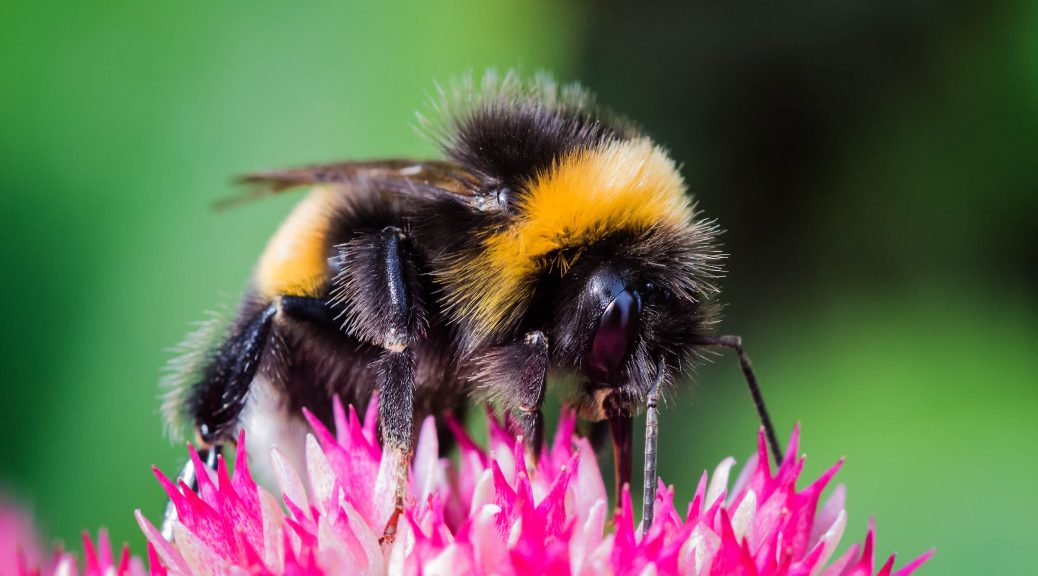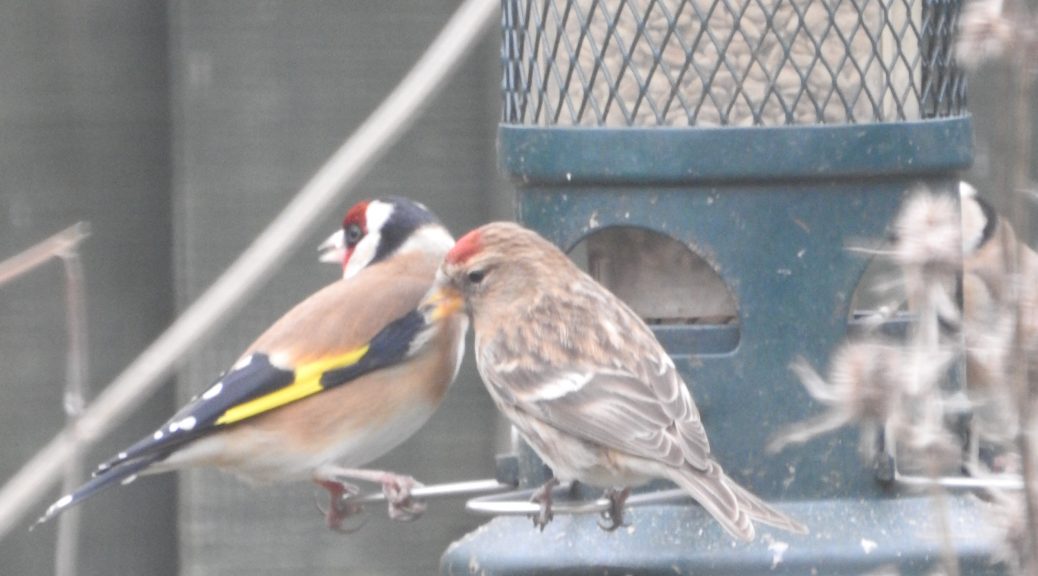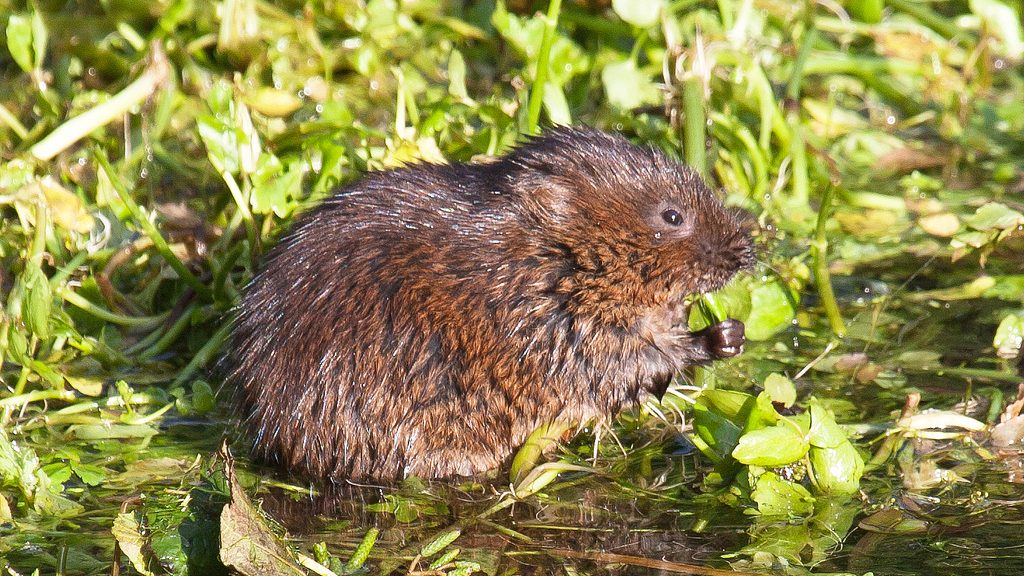The Guardian writes on new research revealing the differences between urban and rural bumblebees.
“Urban bumblebees have better access to food, allowing them to produce more offspring. Bumblebees are important pollinators, but face threats including habitat loss, climate change, pesticide and fungicid
Now researchers say that bumblebee colonies in urban areas not only produce more offspring than those on agricultural land, but have more food stores, fewer invasions from parasitic “cuckoo” bumblebees, and survive for longer.”
[Photo by Jice75 under creative commons https://creativecommons.org/licenses/by-nc-nd/2.0/]



